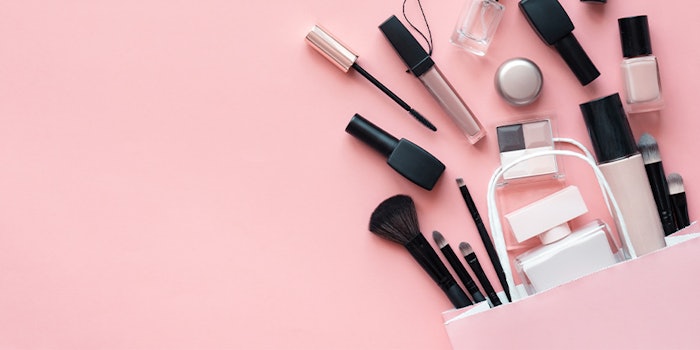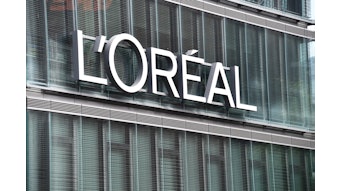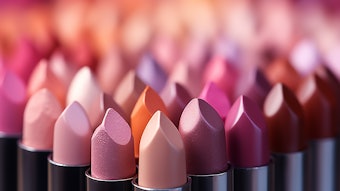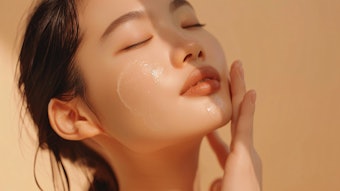
Mintel has announced four key consumer trends set to impact the global beauty and personal care industry during 2021, encompassing the behavioral drivers of well-being, value, technology and surroundings.
Related: What Makes Gen Z and Millennials Buy Beauty Online: New Data
Andrew McDougal, associate director, global beauty and personal care at Mintel, has outlined how these major trends are set to influence the beauty and personal care sector worldwide, including implications for manufacturers, companies, brands and consumers.
1. Beautiful Mind
Brands have an opportunity to build normality in uncertain times through routines using products that protect, bring value, and rebuild trusting relationships.
“Going forward, brands that successfully highlight the use of beauty routines as a way to combat stress and anxiety and bring normality during uncertain times will drive long-term value for consumers," said McDougal. "Broadcasting stringent safety guidelines will help instill confidence and attract new customers seeking assurance in their desire to reconnect with retail experiences. Brands will need to create strategies for third-party experts to validate and educate consumers about the future of holistic wellness with self-care that touches on the mind-body-spirit connection."
2. Beauty Re(Valued)
As spending comes under scrutiny, product functionality and purpose will drive usage. Value will be measured in quality, convenience and impact rather than currency.
“Experiences will become more valuable than tangible products as many consumers re-evaluate what is essential to survival," said McDougal. "Brands wishing to encourage consumers to trade-up will need to redefine value, beyond just cost, but through the impact of purchase as well as convenience with an emphasis on quality. Flexitarian behavior will become more extreme as shoppers trade up and down across categories. Those wishing to succeed will need to tune into what really resonates with consumer groups in order to reduce customer acquisition costs and increase lifetime value,"
3. Channel Changers
Robust e-commerce strategies will allow brands to prosper with a true omni-channel approach that pushes the boundaries, engages all of the senses and offers new layers of digital experience.
“Over the next 12 months, loyalty and lifetime customer value will be driven through multiple, sophisticated, and personalized digital touch points that focus on capturing individual lifestyle needs," said McDougal. "Brands will need to develop strategies that drive commerce to own-brand sites that advocate authenticity, as well as challenge big marketplaces that have yet to provide clear supply chain transparency. The professional sector should be elevated further to offer an enhanced beauty experience through the use of trained and trusted professionals creating a true omni-channel strategy."
4. Beauty Eco-lution
As consumers emerge from COVID-19 confinement, they will re-evaluate priorities with eco-ethical considerations driving more purchases.
McDougal said, “Brands will continue to collaborate with and support local businesses with an authentic and long-term strategy as many consumers shop local with less focus on price. The next evolution of ‘clean’ will be created by marrying ethics with safety to cater to the conscious and careful beauty consumer focused on avoiding undue risk inside and outside the box. As consumers move into and out of big cities and small towns, the products and services they have access to will shift along with their priorities. In order to encourage repeat purchase, brands should invest in more diverse touch points that ensure optimal product discovery."










